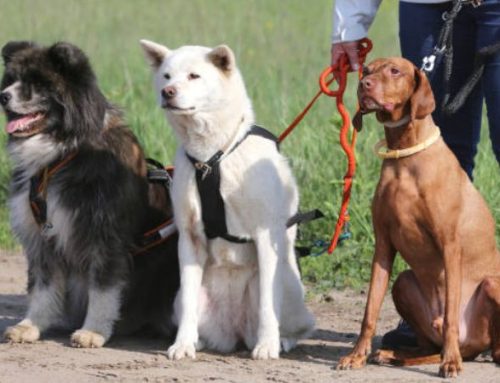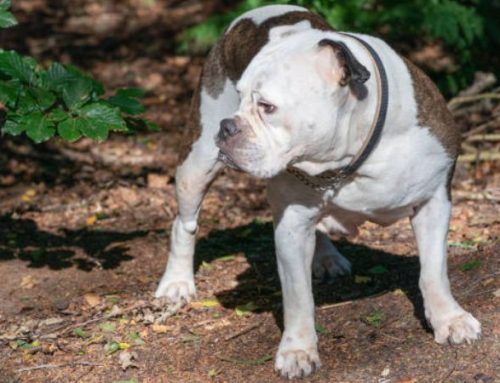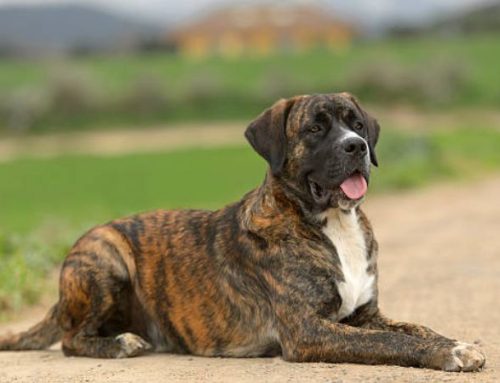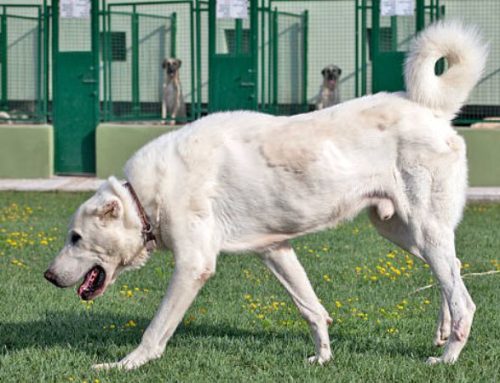Across the sun-soaked regions of southern Africa lives a dog shaped by centuries of survival, loyalty, and companionship—the Africanis. This medium-sized, short-coated breed, marked by a distinctive black patch on its muzzle, is both intelligent and agile, with a calm, friendly temperament.
Unlike modern breeds shaped by human standards, the Africanis developed naturally, making it a true reflection of Africa’s landscapes and culture. In the content below with Nexus Pets, explore the history, temperament, and care of Africa’s original dog breed.
Africanis History and Origin
The Africanis is one of the oldest dog types in the world, with a lineage tracing back over 7,000 years. Unlike modern breeds shaped by human preference and Kennel Club standards, the Africanis developed as a landrace dog—a population naturally adapted to its environment over centuries. Its evolution was guided primarily by natural selection, favoring survival, intelligence, agility, and loyalty, rather than aesthetic traits. This has resulted in a hardy, versatile dog that thrives in rural African landscapes, with variations in appearance reflecting its functional adaptation rather than standardized breeding.
The origins of the Africanis are closely linked to ancient dogs of the Middle East and the Nile Valley, including early sighthound-like ancestors depicted in cave art and Egyptian murals. Domestic dogs likely arrived in southern Africa with migrating Iron Age Bantu-speaking people between roughly 3,000 BCE and 1,000 CE, gradually spreading across the region. These early dogs integrated with local populations, eventually evolving into the distinct Africanis seen today. Genetic studies suggest a distant relationship with the Australian dingo, highlighting the shared ancestral migration routes of early domestic dogs across continents.
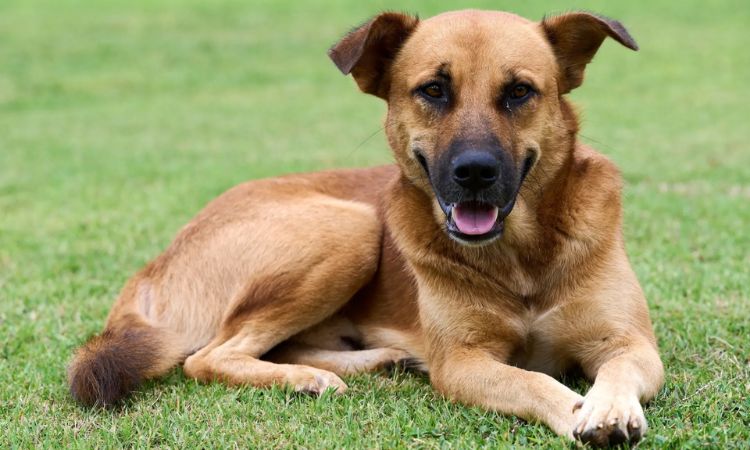
For centuries, the Africanis has been an indispensable companion in rural African communities. It served as a loyal household companion, village watchdog, hunting partner, and occasionally a herding dog, adapting to the diverse needs of human settlements. Its intelligence, agility, and social skills made it highly valued among the San hunter-gatherers, Khoekhoe pastoralists, and Bantu farmers. Beyond its local importance, the Africanis has also contributed genetically to other breeds, most notably the Rhodesian Ridgeback, leaving a lasting imprint on Africa’s canine heritage.
Africanis Temperament and Personality
Loyal and Affectionate
Africanis dogs form deep bonds with their human families. They are exceptionally loyal and protective without being unnecessarily aggressive. They thrive on companionship, often staying close to their owners while simultaneously maintaining an independent streak. This balance makes them both affectionate and reliable, ideal for families looking for a devoted canine friend.
Intelligent and Resourceful
One of the breed’s defining traits is intelligence. Africanis dogs are quick learners and capable of solving problems on their own, a skill honed over centuries of survival in challenging environments. Their intelligence makes them highly trainable, particularly when positive reinforcement methods are used, and they enjoy activities that challenge their minds as well as their bodies.
Friendly but Cautious
While Africanis dogs are generally friendly, they possess a natural caution toward strangers. They are observant and alert, making them excellent watchdogs for homes and livestock. However, their alertness does not translate into aggression unless their family or territory is genuinely threatened. They are often described as “amiable but watchful,” combining warmth with discernment.
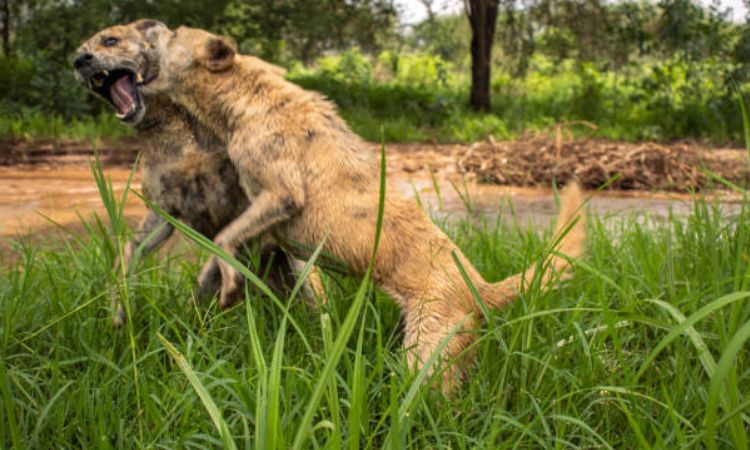
Social and Family-Oriented
Africanis dogs are known for their patience with children and compatibility with other dogs. They can adapt well to households with multiple pets, provided interactions are monitored initially. They are playful and energetic, enjoying games, outdoor activities, and exploration. Their natural social behavior makes them engaging companions, always ready to interact but never overly intrusive.
Energetic and Independent
The breed’s history as a village and hunting dog has endowed Africanis with high stamina and energy. They need at least 1–1.5 hours of exercise per day, including running, walking, or structured play. Despite their attachment to humans, they retain an independent mindset and can entertain themselves when appropriate. This independence also contributes to their resourcefulness, problem-solving ability, and confidence.
Care and Maintenance for the Africanis
Health and Lifespan
The Africanis is renowned for its hardiness and remarkable resilience, traits developed over centuries of natural selection in South Africa. This breed’s robust nature makes it generally resistant to many common canine ailments, including both internal and external parasites. Despite this inherent toughness, Africanis dogs still require standard preventive care, particularly routine vaccinations against serious diseases such as rabies, distemper, and parvovirus, to ensure long-term health.
On average, Africanis dogs enjoy a lifespan of 11 to 15 years, reflecting their natural vitality and adaptability. With proper care—including regular veterinary check-ups, balanced nutrition, and mental stimulation—these dogs can thrive well into their senior years.
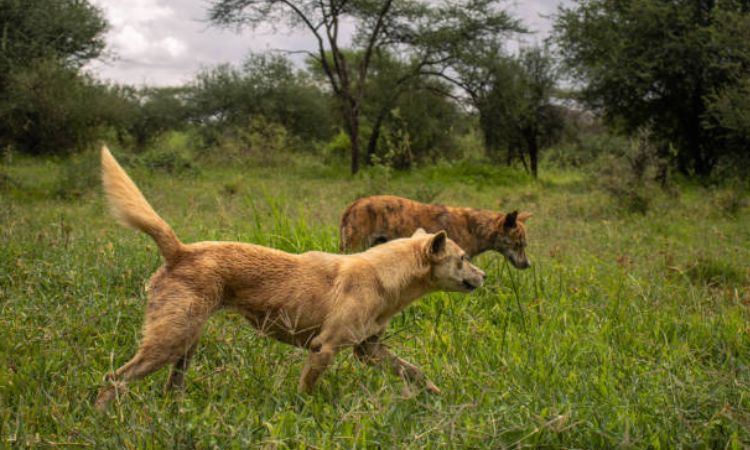
Grooming and Coat
One of the Africanis’ appealing traits is its low-maintenance coat. They possess a short, fine, and compact coat that naturally adapts to seasonal changes. This makes grooming straightforward compared to many standardized breeds.
- Brushing: A weekly brushing with a slicker or soft bristle brush is typically sufficient to remove loose hair and keep the coat glossy.
- Bathing: Only bathe when necessary to preserve the natural oils in the skin and coat. Over-bathing can strip these protective oils and make the dog more susceptible to skin irritations.
- Additional Care: Regular ear checks, nail trimming, and dental hygiene should be part of the routine to maintain overall health.
Diet and Nutrition
Africanis dogs are active and athletic, requiring a diet that supports their energy levels and lean, muscular build. Historically, these dogs thrived on modest diets in challenging environments, but modern domestication calls for high-quality, protein-rich food formulated for medium to large breeds.
- Puppies: Feed up to four small meals per day to support growth and development.
- Adults: Typically, two balanced meals per day suffice.
- Treats: Can be given in moderation, especially during training sessions.
While Africanis dogs are adaptable and hardy, a low-quality or nutritionally insufficient diet is not recommended. Providing nutrient-rich meals ensures optimal energy, muscle maintenance, and overall longevity.
The Africanis is a smart, loyal, and resilient dog, shaped by centuries of natural evolution. With their playful temperament, low-maintenance coat, and strong social instincts, they thrive in active homes and close to their human companions. Knowing their history, behavior, and care needs allows owners to provide the right environment for this uniquely African breed to flourish.


